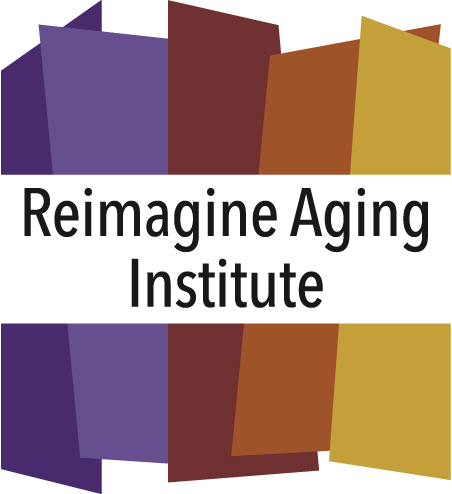Link to article in Sun Sailor
By CEO, Deb Taylor
 What do you think of when you hear the word “Senior?” Are your thoughts inherently positive or negative about the term? Let’s take a look at how we use the word “Senior” in our daily lives.
What do you think of when you hear the word “Senior?” Are your thoughts inherently positive or negative about the term? Let’s take a look at how we use the word “Senior” in our daily lives.
We often use “Senior” as a way to classify a certain level of knowledge as with a senior in high school. We also use the word “Senior” as a way to distinguish rank as with a senior executive at a company. Finally, we use the word “Senior” to distinguish a certain age group traditionally made up of individuals age sixty and up.
For some reason, however, using the word “Senior” to distinguish an age bracket holds an inherent negative connotation, whereas the other uses are inherently positive. So why do we have different feelings about the same word when used for one group versus another?
Why do we automatically associate “Senior” with negative connotations when speaking about age, but not when speaking about rank or knowledge? This is a tough question to answer because it takes quite a bit of unpacking. As a society we view the act of gaining knowledge or being promoted as a good thing, but we don’t view getting older as a good thing, which is humorous because you can’t gain knowledge or be promoted without first getting older.
We’ve all seen spry, energetic seniors who are in better shape than many twenty-year-olds, but we’ve also all seen many seniors who have to rely on assistance to feed and bathe them as well. Here in lies the source of the negativity associated with the word “Senior.” As a society, we automatically associate the word “Senior” with the potential negative effects of getting older: losing memory, mobility, independence, etc. Generally speaking, America is a population of people who value independence over almost everything else, which is why we associate negative feelings towards a word that, in our minds, describes a time in life where we may lose some of our independence.
The problem with this is that it perpetuates a false sense of reality. If we are taking care of our bodies when we are younger, there is a good chance that we will be able to remain active and independent for a long time. Of course, there are factors we cannot control such as unexpected health issues, broken bones, genetics, etc., but these factors can come into play at almost any age. They are not limited to seniors.
The word “Senior” does not have to be a bad word. Everyone’s experience in life is different whether you’re two years old or 102 years old. A child may be born with a life altering illness and spend the rest of their life in and out of the hospital and require a great deal of assistance in daily life and a 90-year-old senior may be running marathons. The lesson we can all take away is that we are all individuals. Our stories and lives are all different. We need to stop looking at groups of people who share one common trait, whether it be age, race, gender, etc., and putting labels and limits on them.
Deb Taylor is the CEO of Senior Community Services and its Reimagine Aging Institute, a nonprofit that helps older adults and caregivers navigate aging to maintain independence and quality of life. We provide a wide array of programs — www.seniorcommunity.org




